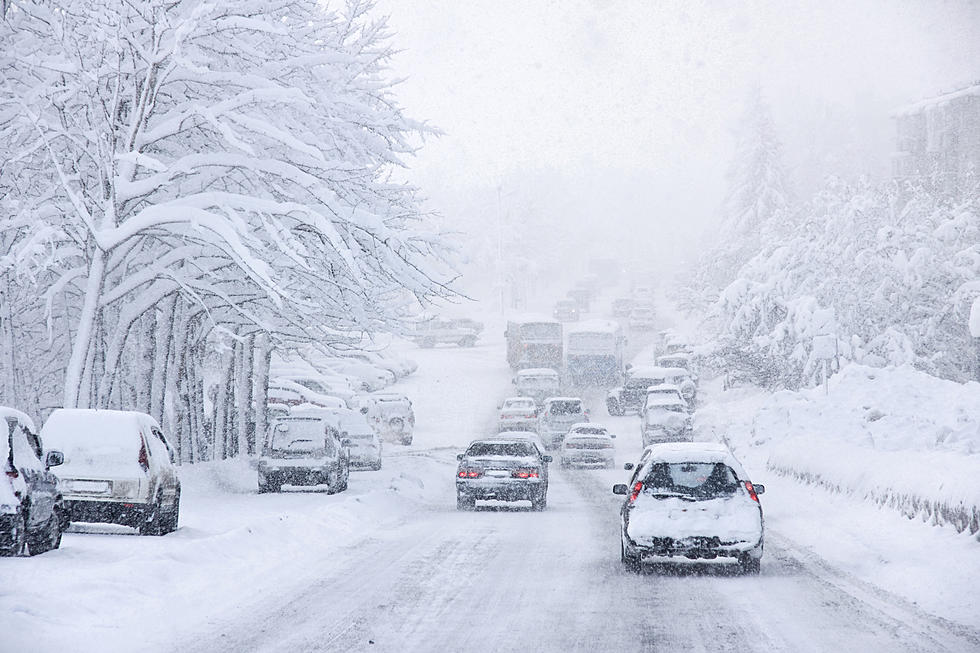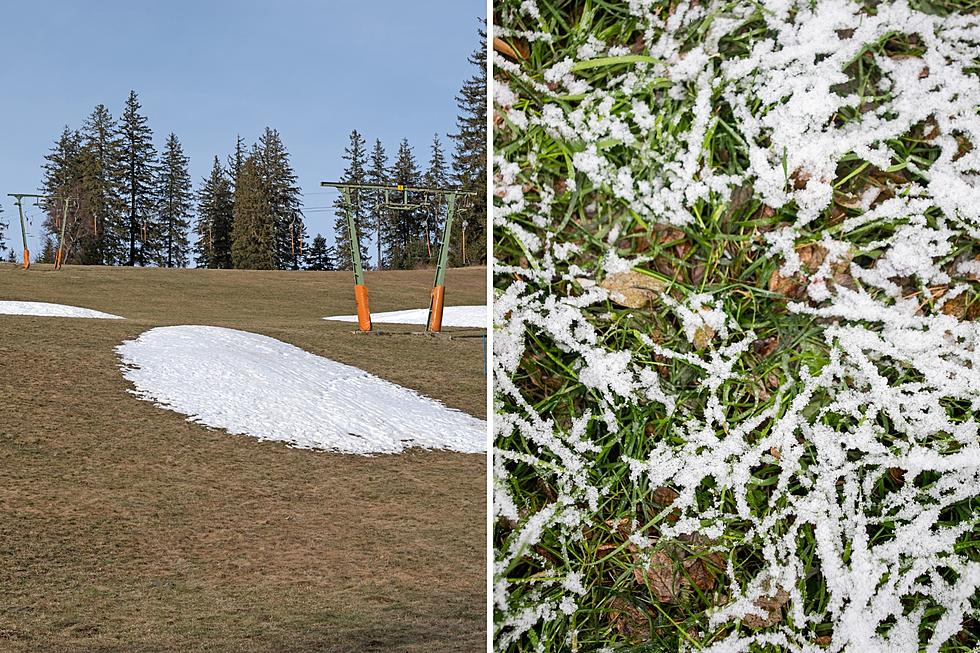
NJDOT alert system can prevent you from getting stuck in the snow
Initially conceived with winter in mind, a more than two-year-old New Jersey Department of Transportation alert system for motorists is at the ready — but officials say so far, it has only needed to be used once in its history.
That was for the remainder of Hurricane Ida, which washed across the state last Sept. 1. NJDOT spokesman Steve Schapiro said "511NJConnect" worked as intended then, yet is still something the department would like to avoid deploying if at all possible.
These alerts, Schapiro said, use geofencing technology to identify drivers in close proximity to an unexpected, extended closure on one of New Jersey's highways.

From there, via their mobile text message providers, drivers can decide whether to approve additional updates about the situation.
"They choose to get those alerts or not after that first one, so they don't have to opt in if they don't want to," Schapiro said. "Once the incident is resolved, anybody that did opt in, the alerts will automatically be unsubscribed and any of their data will be removed, so we don't save any of that information."
Although 511NJConnect was first announced in December 2019 in anticipation of a snowy season, Schapiro said that Ida indicated it can be a successful tool in scenarios other than winter weather, including major crashes.
It is not, however, meant to alert or assist in isolated instances of, for example, a driver running off the road in a snowdrift.
Its main goals are to be proactive and preventive, according to Schapiro.
"This is sort of a larger incident where we have a roadway that, for whatever reason, a portion of it is shut down, whether it's for winter weather or flooding," he said.
511NJConnect is also not meant to replace 911, Schapiro said. If a driver has a medical or some type of other emergency behind the wheel, 911 should still be called.
But the system does provide a way for motorists to communicate with NJDOT, to help the agency and others refine the information that is disseminated, and enact an appropriate response.
"People can identify some issues there, and it gives the first responders a much better and broader picture of the incident and what's going on," Schapiro said.
Patrick Lavery is New Jersey 101.5's afternoon news anchor. Follow him on Twitter @plavery1015 or email patrick.lavery@townsquaremedia.com.
7 things NJ should ban right now
LOOK: Food history from the year you were born
New Jersey's smallest towns by population
More From New Jersey 101.5 FM









